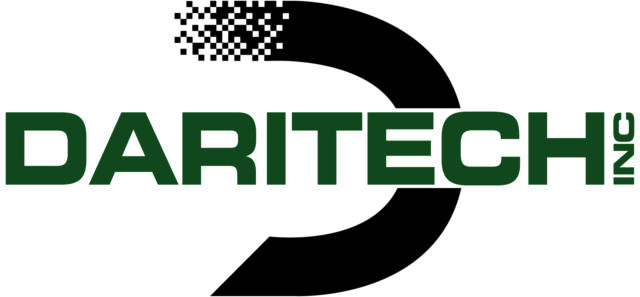For just over 20 years, we have seen a significant increase in dairy exports with a consistent decrease in dairy imports.
The U.S. dairy industry has the capacity to raise its level of exports even further. Unfortunately, the Biden administration’s trade policy agenda has been idling with no indication that they are going put it in drive any time soon and move forward with a strategy focused on expanding export markets. The administration’s refusal so far to pursue comprehensive trade agreements whether bilateral or multilateral and letting trade promotion authority expire is hurting the dairy industry’s prospects. Its trade policy agenda refers to trade and investment and economic “frameworks,” but that doesn’t equate to sitting across the table, rolling up the sleeves and working on a trade agreement built around tariff cuts.
President Joe Biden’s appointment of Katherine Tai as U.S. trade representative was by all accounts an excellent choice as she is acknowledged as being a person with extensive experience and success who understands trade issues. One only has to look at her resume. In fact, shortly after being appointed, she was instrumental in holding Canada’s feet to fire for not complying with the renegotiated U.S.-Mexico-Canada Agreement done during the Trump administration. The U.S. subsequently won a dispute settlement panel over their tariff rate quotas in December. While the jury’s still out on Canada’s compliance, to date, Tai has shown a willingness to defend existing trade commitments – but we need to see that same appetite on pursuing new deals as well.
While the appointment of Tai is a bright spot, we learned recently that Elaine Trevino, Biden’s choice to be the lead agriculture trade negotiator at the Office of the U.S. Trade Representative, withdrew her nomination for that position. So now things start all over while the dairy industry and all of agriculture wait to see who the next nominee is and how long it will take to get that person confirmed. Further, the USDA has yet to name an undersecretary for trade.
To its credit, the Biden administration is actively engaged in trying to solve the various supply chain and port issues that are plaguing the dairy industry, but those efforts, like trade frameworks, do not equate to the deep market access gains that can be secured through trade agreements.
With respect to dairy competitors, the European Union, New Zealand and Australia are showing signs that their dairy industries have limitations on their ability to significantly grow dairy exports in the future. With Russia’s invasion of Ukraine and no time timetable on when or how it will end, there could be a significant strain on many countries around the world. The U.S. is being counted on to take a leadership role in so many areas. One of which will be to help feed and provide the nutritional needs of Ukraine refugees and other consumers around the world.
Changes in domestic dairy farmer support programs and increased interest, investment (by both processors and farmers), expertise and meeting customer needs by dairy processors, together with the favorable trade agreements the U.S. has in place, have been the main reasons why the U.S. dairy industry has reached an all-time high in dairy exports. For the dairy industry to reach new highs in dairy exports, we need the administration to stop idling and step on the pedal and prioritize bilateral and multilateral trade agreements now. ![]()
-
Jeff Lyon
- General Manager
- FarmFirst Dairy Cooperative





